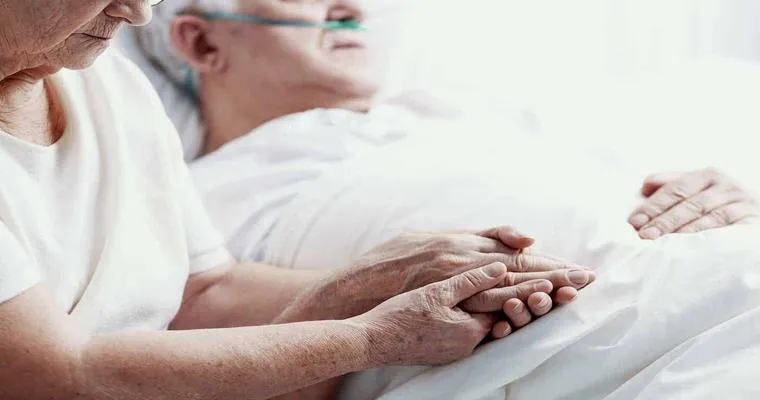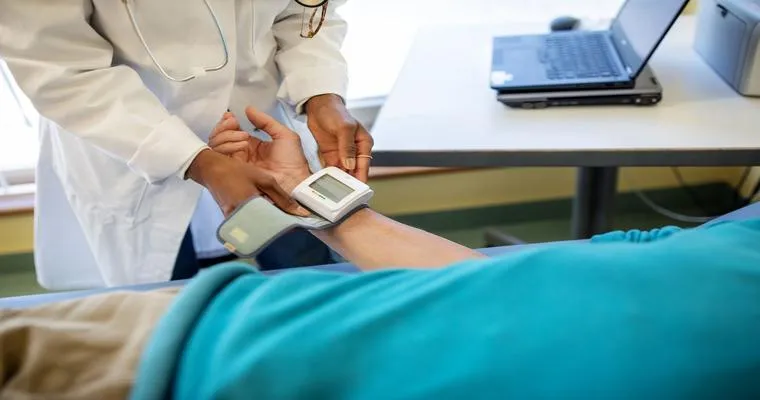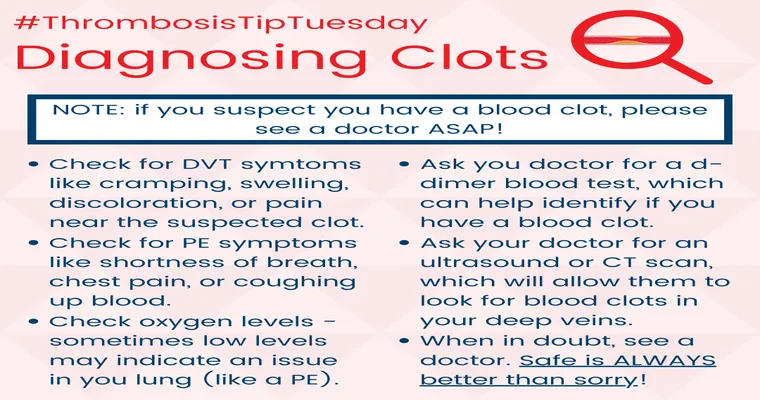Caring for a loved one on "blood thinners" can be a challenging yet rewarding experience. "Blood thinners", also known as anticoagulants, are crucial for preventing "blood clots" that can lead to serious health issues such as strokes or heart attacks. Understanding how to support your loved one while ensuring their safety is essential for their well-being.
Understanding Blood Thinners
Before diving into care strategies, it is important to understand what "blood thinners" do. These medications work by inhibiting the body’s natural clotting process, thereby reducing the risk of clots forming in blood vessels. Common types of "blood thinners" include warfarin, rivaroxaban, and apixaban. Each medication comes with specific instructions and requires careful monitoring.
Monitoring Medication
One of the primary responsibilities when caring for someone on "blood thinners" is to ensure they take their medication as prescribed. This includes:
"Regular Doses": Make sure your loved one takes their medication at the same time every day.
"Periodic Testing": Some blood thinners, like warfarin, require regular blood tests to monitor the INR (International Normalized Ratio). Be prepared to accompany them to these appointments and keep track of results.
"Awareness of Interactions": Many medications and even certain foods can interact with "blood thinners". Encourage your loved one to inform their healthcare provider about any new medications, supplements, or dietary changes.
Promoting Safety
Safety is a top priority when caring for someone on "blood thinners". Here are some tips to minimize the risk of injury:
"Avoid Falls": Create a safe living environment by removing tripping hazards, using non-slip mats, and ensuring adequate lighting.
"Use Caution with Activities": Encourage your loved one to avoid high-risk activities that could lead to injury. Gentle exercises like walking or swimming can be beneficial, but should be approached with caution.
"Wear Medical Identification": A medical alert bracelet indicating that your loved one is on "blood thinners" can help healthcare providers in case of an emergency.
Dietary Considerations
Diet plays a significant role in managing the effects of "blood thinners". Some foods can affect blood clotting, particularly those rich in vitamin K, such as leafy greens. Here are some dietary tips:
"Maintain Consistency": If your loved one eats foods high in vitamin K, encourage them to keep their intake consistent rather than eliminating these foods entirely.
"Hydration": Ensure your loved one stays hydrated, as dehydration can affect blood viscosity.
"Consult a Nutritionist": If there are concerns about diet and "blood thinners", consider consulting a nutritionist who can offer personalized advice.
Emotional Support
Caring for someone on "blood thinners" can be emotionally taxing. It is important to provide emotional support and encourage open communication. Here are ways to offer support:
"Listen": Be there to listen to any fears or concerns your loved one may have about their condition or treatment.
"Encourage Independence": While it is important to help, encourage your loved one to maintain their independence by involving them in decisions about their care.
"Seek Support for Yourself": Consider joining support groups for caregivers to share experiences and gain insight from others in similar situations.
Conclusion
Caring for a loved one on "blood thinners" requires a combination of vigilance, education, and compassion. By understanding the medication, ensuring safety, monitoring diet, and offering emotional support, you can make a significant positive impact on their quality of life. Remember, you are not alone in this journey; seek help and resources as needed to ensure both you and your loved one thrive.





